Back to dirt for a sustainable future
Every morning, Ah Seng takes a walk around a small park close to his home. After about an hour, he saunters into a corner of the park, where for three years he has been planting various medicinal shrubs, one of which is known to help those with diabetes.
Not far away, Azlan Adnan works hard designing and making the “hugels” (raised beds) necessary for a foodscape site or edible landscape, doing this while teaching volunteers. These are not privately owned plots but public sites, any space that is not concretised. This one was a former pasar malam site.
Everyone seems to be going “back to dirt” these days, cultivating more vegetables in their gardens, instead of ornamental plants. Veggie gardens are sprouting on condominium balconies.
Rooftop gardens are being created. Hydroponics are being implemented in households. Aquaponics works with permaculture practices in urban farms. Vertical farming through agric-tech has already begun.
“That’s the idea, actually,” says Adnan, “for people to replicate what they learn, to grow food, not lawns or ornamental plants because growing your own food is like printing your own money. The movement control order provided an impetus and also highlighted food security as an issue.”
Food crisis? Food security? It’s a term that is trending all over the world. What exactly does all this mean for Malaysia?
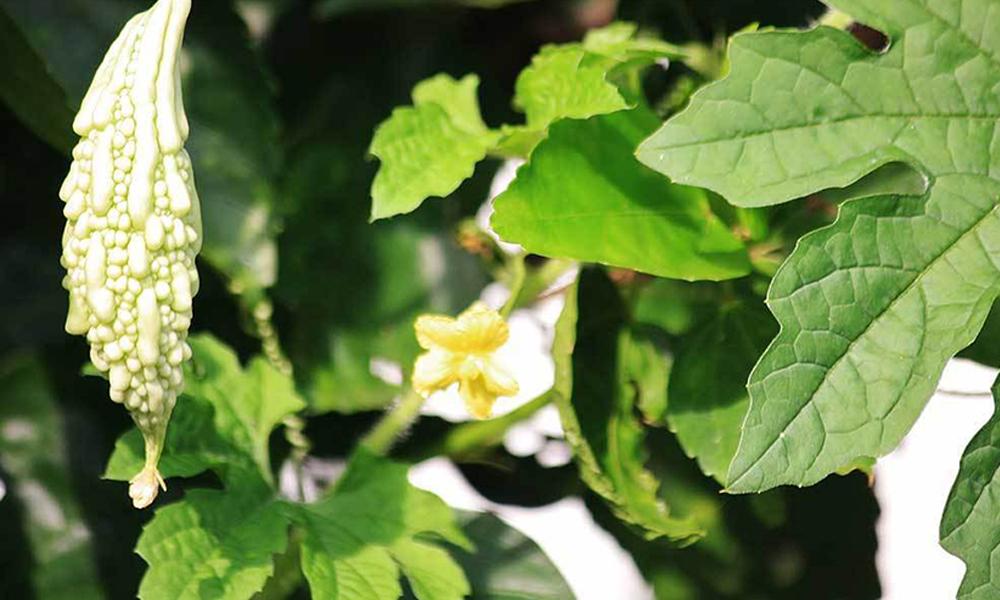
For food technologist Bernard Reincastle, it means not having your basic staples. Rice, fish, basic vegetables like cabbage, sawi, kangkong, kacang panjang might not be available or become too expensive to buy.
“It means Malaysia becomes the dumping ground for low-grade veggies. C or D grade veggies. And in the supermarket, prices are multiplied double from what they are now. If the Malaysian ringgit continues to fall, everything gets more expensive."
"Food crisis also means that no one is buying our products. There is no market overseas to sell it too. How do we cultivate and sell it again? Malaysia does not have a food chain of sales and marketing. Or any real programme for farmers and fishermen.
"Before we used to export coffee, tea, pineapple, rice. Kedah used to be our rice bowl. Now padi plots are being sold to housing developers. The younger generation does not want to farm,” said Reincastle.
'Quite amazing'
Can we save ourselves from a food availability famine? The pandemic lockdowns made many Malaysians realise the importance of growing their own food. Community gardens like the ones in Bangsar, Sri Hartamas and Taman Tun have become role models for the future revolving around volunteers who work the veggies gardens with a strong sense of camaraderie and cooperation.
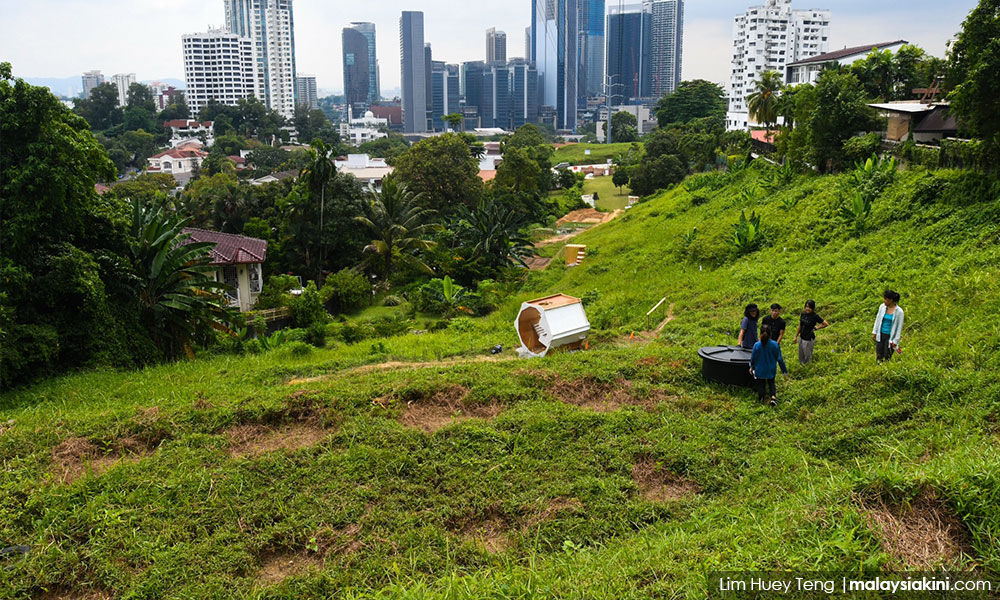
Take Kebun-Kebun Bangsar (KKB), a 2.5-acre linear green garden/farm on a TNB reserve in Bangsar, Kuala Lumpur which is designed, built, managed, funded and maintained by community efforts and volunteers. All produce is given away to the underprivileged.
“The farm officially started in 2017. We have been around for three to four years, wholly non-profit with two paid full-time gardeners. Today we have about 50 regular volunteers, 200-250 volunteers who come and go. We have those that donate money as well. People trust us, we keep proper accounts. KKB is such a great family. Everyone works for free.
"It is run organically, which is quite amazing. We donate all harvests to two soup kitchens, one orphanage, refugee groups. But it is not just a handout, we also give them a small plot of farmland to farm on.
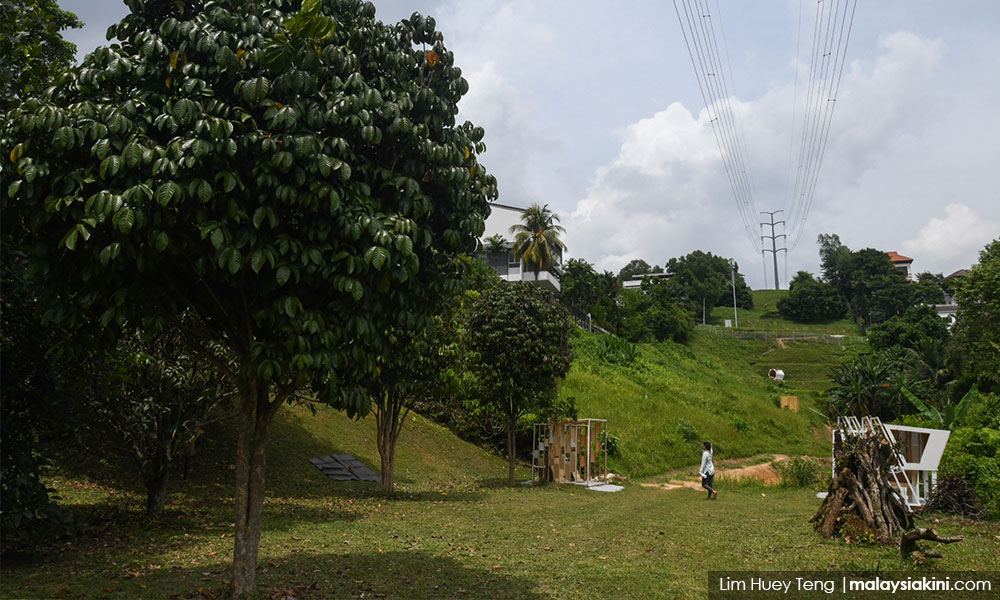
And they help out with other general duties. This really cultivates a sense of ownership of whatever they are growing. Same goes for our volunteers,” says Joanne Mun, KKB spokesperson.
When we use the word “famine” one does not think of Malaysia. But what if we are in fact moving to a “famine” situation through the continual degradation of our soil (through chemical fertilising) which does not give us the nutrients from the food we plant there; through various economic policies that do not take into account domestic food security; through monoculture agriculture that is continually taking away land that can be used for food production.
But there is a way to start now, at the grassroots level. Consider the numerous abandoned housing sites in or property that just cannot be sold in Kuala Lumpur.
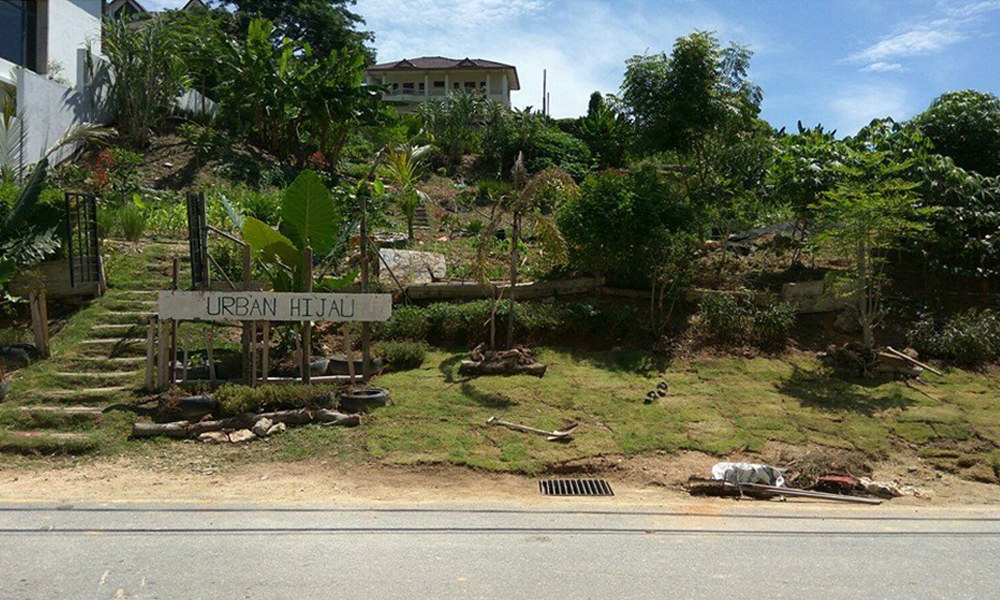
These can be converted into perma-agriculture sites if only their owners could see the light of day and move beyond the “What’s in it for me?” mentality towards the win-win aspect of “What’s in it for the community”/What’s in it for Mother Earth?”
Forced into poverty
Take the social enterprise, Urban Hijau, a group of permaculturists who worked towards acquiring an abandoned housing site in 2011, then used the remaining structure and land to create what is now a thriving food garden of organic vegetables and fruit. Volunteers played their part here too.
At a recent UN Food and Agriculture Organisation (FAO) webinar, Pierre Ferrand, Agriculture Officer for Asia & Pacific, addressed the pandemic’s global effect on jobs, relating the impact of movement restrictions and decrease in economic activity.
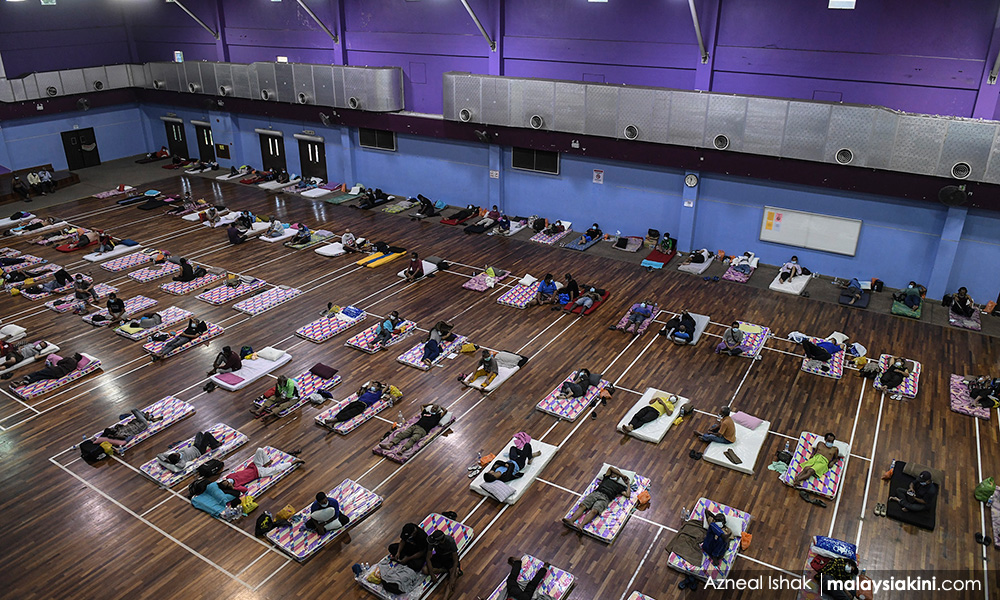
He said that unemployment rose sharply, remittances from family members took a nosedive and many migrant workers returned to their home countries facing an uncertain future.
Furthermore, rural residents were hit hard, their livelihoods and food security put at risk. Food supply chains were also put under strain with the unavailability of farmworkers.
Ferrand related that the global economy was expected to contract at a rate never seen before since World War Two. More people as a result would be forced into poverty with heightened food insecurity.
He pointed out that the pandemic’s effect on agriculture was worsened by the way large-scale input-dependent farming was set up.
Malaysians need to realise that there is an urgent need to transform food systems and develop a greener, more resilient and more inclusive "new normal." - Mkini
JENNIFER RODRIGO is a freelance writer based in Petaling Jaya who focuses on lifestyle, personality, travel, arts & culture, health & wellness.
The views expressed here are those of the author/contributor and do not necessarily represent the views of MMKtT.
✍ Credit given to the original owner of this post : ☕ Malaysians Must Know the TRUTH
🌐 Hit This Link To Find Out More On Their Articles...🏄🏻♀️ Enjoy Surfing!




















Post a Comment